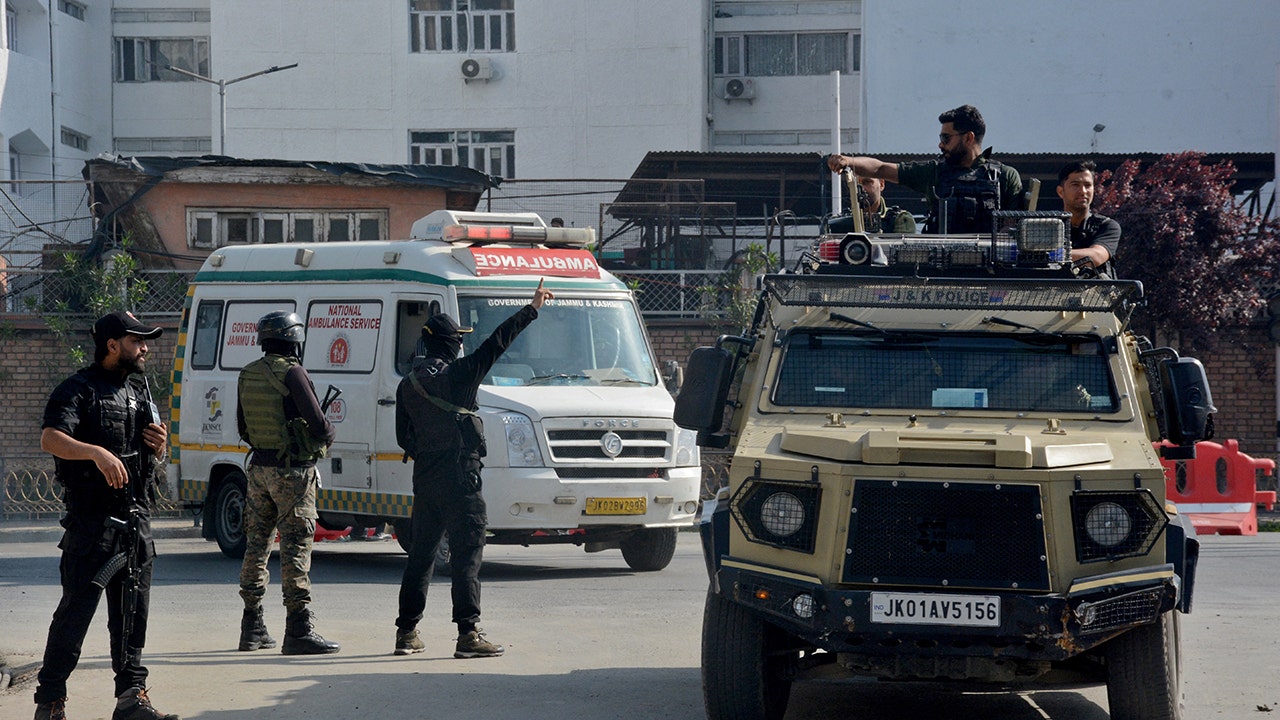India downgrades ties with Pakistan after deadly attack on Kashmir tourists

India took decisive action to downgrade its ties with Pakistan following a horrific attack on civilians in Kashmir, where 26 men were killed by suspected militants at a tourist destination. The attack, which marked the worst violence against civilians in nearly two decades, prompted Indian Foreign Secretary Vikram Misri to announce a series of measures aimed at holding Pakistan accountable for its alleged support of terrorist activities.
Misri revealed that the cross-border linkages of the attack were thoroughly investigated during a special meeting of the security cabinet, leading to the decision to take action against Pakistan. As a result, India immediately suspended a crucial river water treaty that governs the sharing of waters from the Indus river system between the two countries.
Furthermore, Indian authorities declared the defence advisers at the Pakistani high commission in New Delhi persona non grata, ordering them to leave the country. In addition, the Indian high commission in Islamabad will reduce its staff from 55 to 30 members. The main border crossing checkpost between India and Pakistan was also closed, with Pakistani nationals no longer permitted to travel to India under special visas.
The attack, which occurred in the Baisaran valley of Pahalgam in Jammu and Kashmir, left 25 Indians and one Nepalese national dead, with 17 others sustaining injuries. This tragic incident, reminiscent of the 2008 Mumbai attacks, disrupted the peace that had prevailed in Kashmir as tourism flourished amid a decline in anti-India insurgency.
The Kashmir Resistance, a lesser-known militant group, claimed responsibility for the attack, citing concerns over the influx of \”outsiders\” and the resulting demographic changes in the region. Indian security agencies allege that the Kashmir Resistance is a front for Pakistan-based militant organizations like Lashkar-e-Taiba and Hizbul Mujahideen.
Pakistan vehemently denies accusations of supporting militant violence in Kashmir, asserting that its involvement is limited to moral, political, and diplomatic backing for the insurgency. The escalating tensions between India and Pakistan underscore the longstanding conflict over the disputed region of Kashmir, where geopolitical interests and historical grievances continue to fuel unrest.
As the repercussions of the attack reverberate across the region, both countries face the challenge of maintaining peace and stability while addressing the underlying issues that have perpetuated the cycle of violence in Kashmir. The international community closely monitors the situation, urging diplomatic solutions and de-escalation efforts to prevent further bloodshed and promote dialogue between India and Pakistan.




